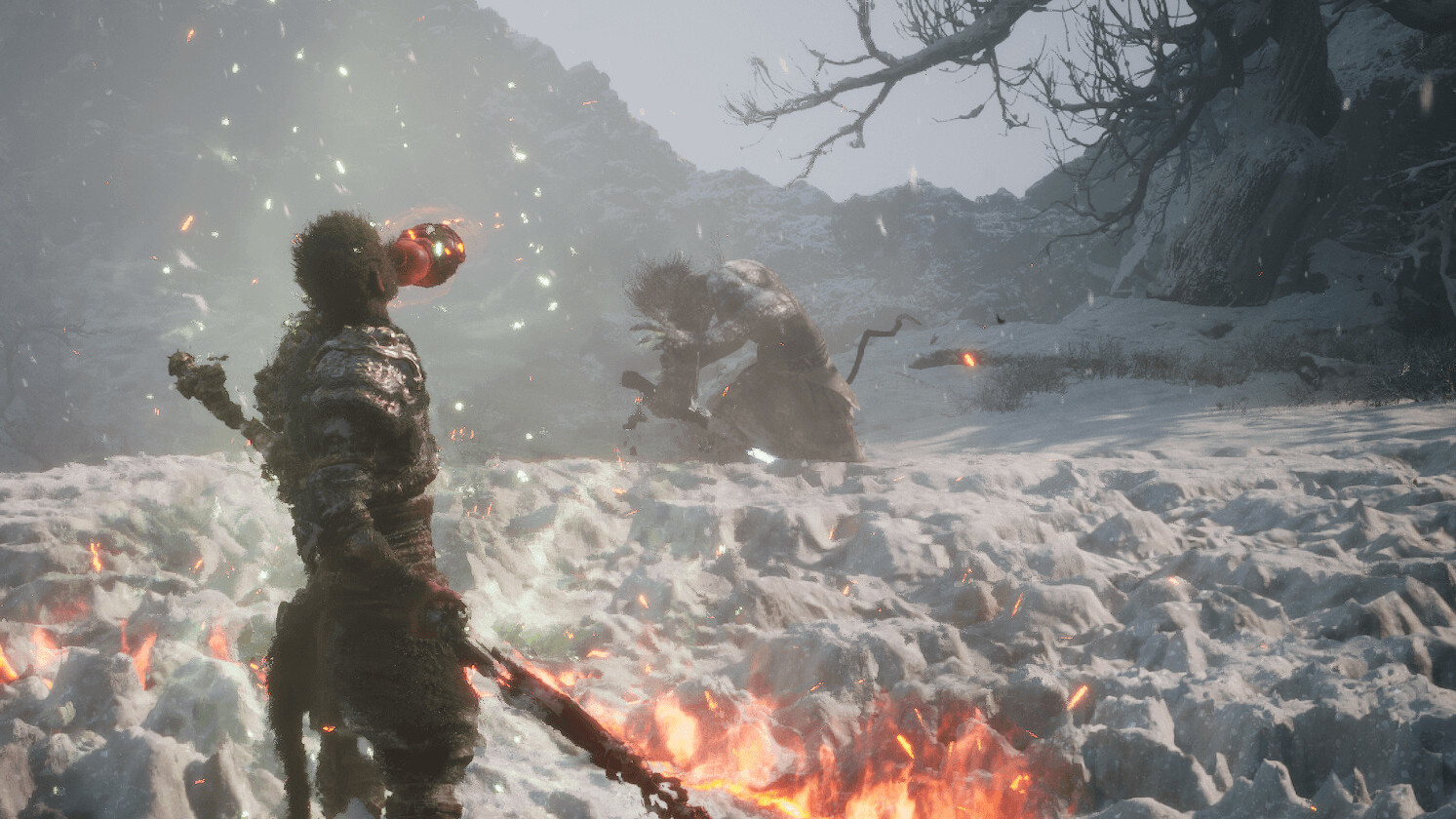
A research subject has been enjoying complex PC games such as Black Myth: Wukong and Honor of Kings using a “breakthrough” brain-computer interface (BCI) called the Beinao-1. According to a report from ITHome (per machine translation). The responsiveness of the China-developed BCI is claimed to be “approaching the level of normal people using traditional mice.”
The report claims that training can take place about 3x faster than seen with the original Neuralink patient. We haven't been able to unearth the Chinese research to add weight to these boasts, however.
ITHome says that the subject in the Beinao-1 BCI implant trial was a 19-year-old receiving treatment for right frontal lobe epilepsy. Brain Tiger Technology, the Tianqiao Brain Science Research Institute (TCCI), and the Shanghai Institute of Microsystems collaborated on this BCI project.
The interface is said to feature 256 cortical EEG signal channels and is made of flexible materials. Once implanted, this tethered hardware is capable of communicating “cursor speed instructions in real-time,” it is explained. A wireless version of this BCI should be ready for clinical trials later this year.
Apparently a multitude of supporting technologies is behind this BCI’s purported practical success. The EEG reading is enhanced by real-time decoding and dual-engines for interaction enhancement. Then, these signals go through motion intention analysis. The scientists have leveraged deep learning models and machine learning to optimize the system. Last but not least, the signals interact with applications through the XessOS brain-computer operating system.
Only a few empirical examples of the aforementioned ‘breakthrough’ have been provided. For instance, it is claimed that the subject achieved 4.1 bits per second of BCI cursor control performance after less than 20 hours of training. This compares well to Neuralink’s first subject, who exhibited 4.6 bits per second of BCI cursor control performance after 60 hours of training.
The patient using the Beinao-1 BCI was able to play large-scale and complex games like Honor of Kings and Black Myth: Wukong using the “high precision real-time” BCI. The report indicates that the individual wasn’t thrown into the deep end, and began their gaming training on more basic titles like Pac-Man and Tank Wars.
It looks like there's good news for the patient’s well-being; The BCI that was fitted seems to have helped in pinpointing the area of their brain requiring surgical attention. ITHome’s report suggests they have now undergone a successful lesion resection operation and recovered.
Follow Tom's Hardware on Google News to get our up-to-date news, analysis, and reviews in your feeds. Make sure to click the Follow button.







